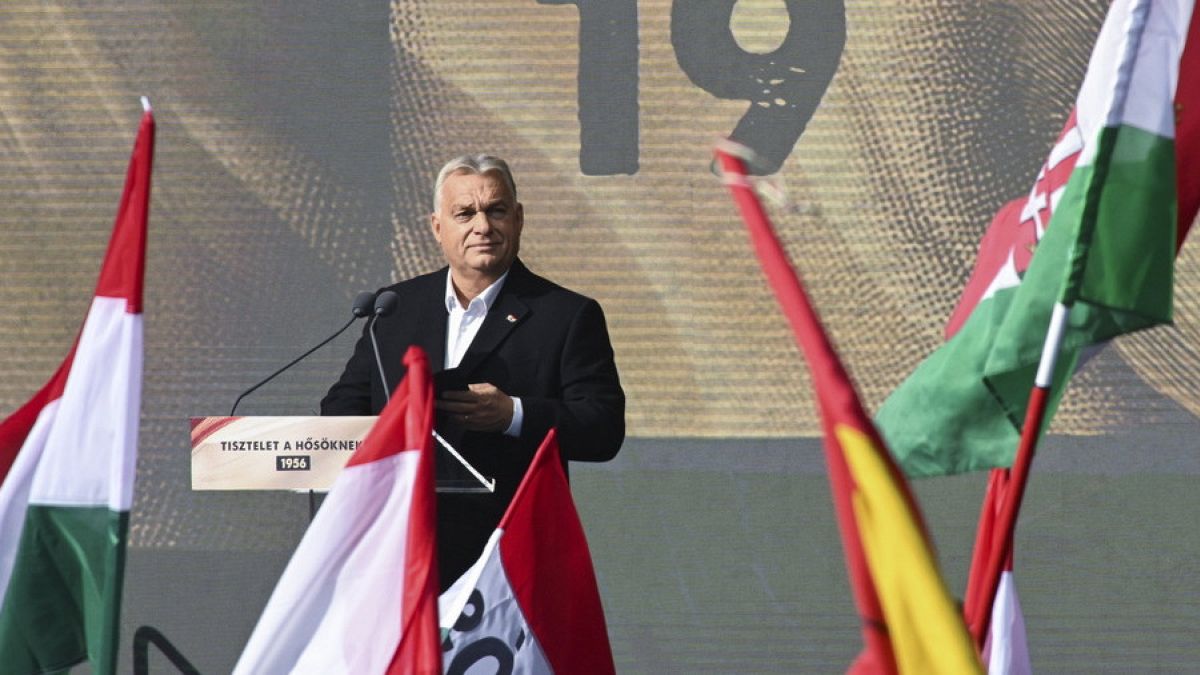Hungarian Prime Minister Viktor Orbán recently made controversial comments during a speech, claiming that the European Union is seeking to overthrow his government and install a puppet regime in Hungary. He made these remarks at an event commemorating the 1956 armed uprising against Soviet oppression that took place in Hungary. Orbán accused the EU of wanting to remove Hungary’s national government and replace it with a Brussels puppet government, but EU officials have not publicly responded to these allegations.
Orbán also criticized the EU’s stance on the war in Ukraine, claiming that the bloc is forcing all member states, including Hungary, to become involved in Russia’s conflict in Ukraine. He alleged that the EU plans to allow Ukrainian soldiers to station in Hungary after a future victory, which he said would be akin to having foreign military presence in the country. This has further strained the already tense relationship between Hungary and the EU, particularly regarding support for Ukraine and sanctions against Russia.
The Hungarian government has clashed with Brussels on multiple fronts in recent years, including threats to transport migrants to Belgium in protest of EU migration laws and facing a €200 million fine from the European Court of Justice for breaching EU asylum laws. Orbán’s speech coincides with the BRICs conference in Moscow, where world leaders are meeting to discuss trade and international relations. The Hungarian prime minister has a history of drawing parallels between past occupying forces like the Soviet Union and the EU, but this is the first time in years that he commemorated the 1956 uprising in the capital city.
Orbán’s controversial statements reflect the growing rift between Hungary and the EU, with the country moving closer to Russia while distancing itself from EU policies and initiatives. The prime minister’s accusations of EU interference in Hungary’s government and alleged plans for Ukrainian military presence in the country have heightened tensions between Hungary and the bloc. As the EU grapples with internal challenges and external conflicts, Hungary’s alignment with Russia continues to be a point of contention within the EU. The political landscape in Central Europe is becoming increasingly complex, with Hungary’s relationship with both the EU and Russia at the center of current geopolitical dynamics.
Overall, Orbán’s speech underscores the deepening divide between Hungary and the EU, highlighting the country’s growing alignment with Russia and escalating tensions with Brussels. The prime minister’s accusations of EU interference and alleged plans for Ukrainian military presence in Hungary have further strained the already fragile relationship between Hungary and the bloc. As Orbán continues to challenge EU policies and initiatives, the political landscape in Central Europe is becoming increasingly complex, with Hungary’s stance on Russia and the war in Ukraine at the forefront of regional geopolitics.










